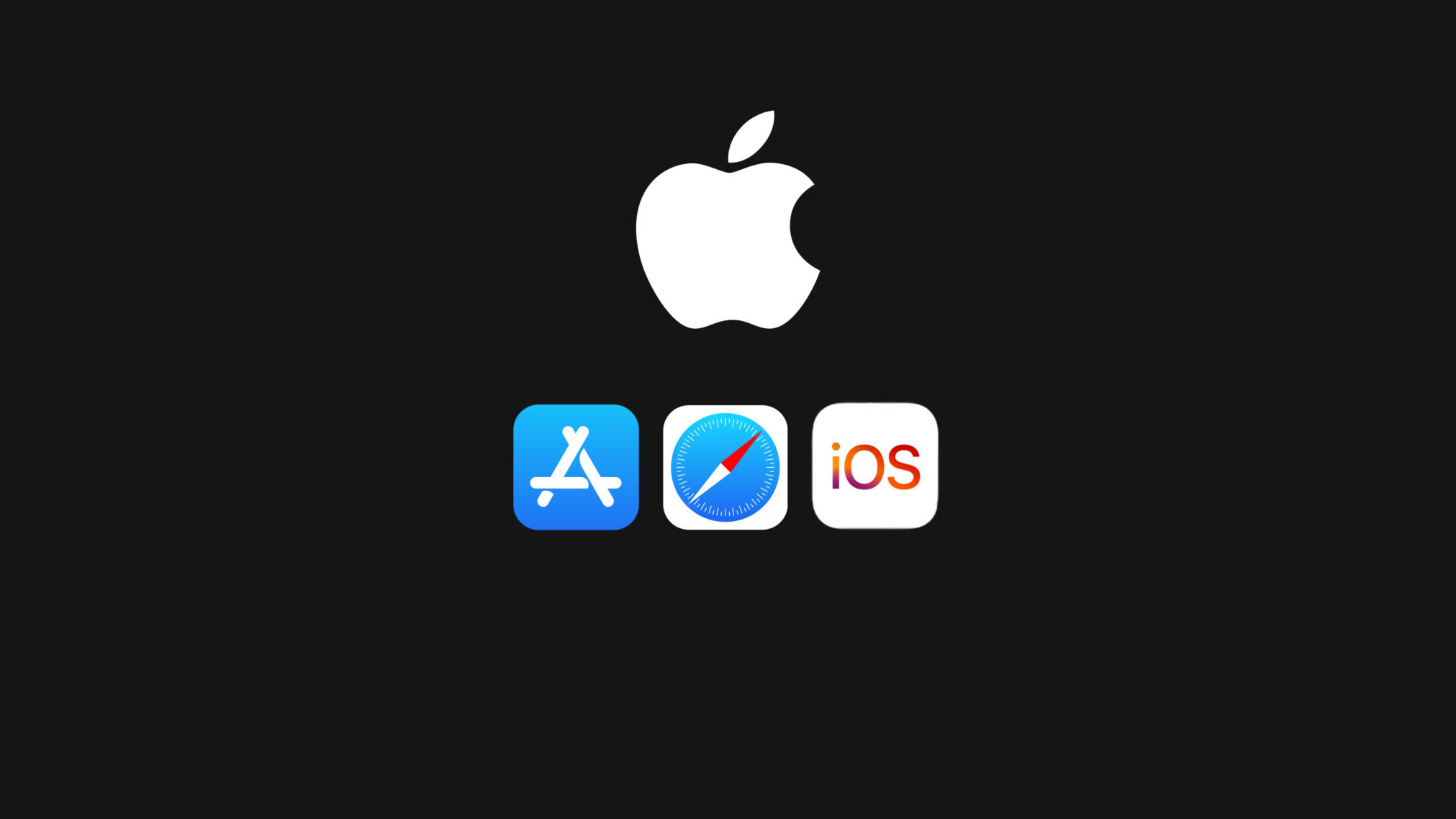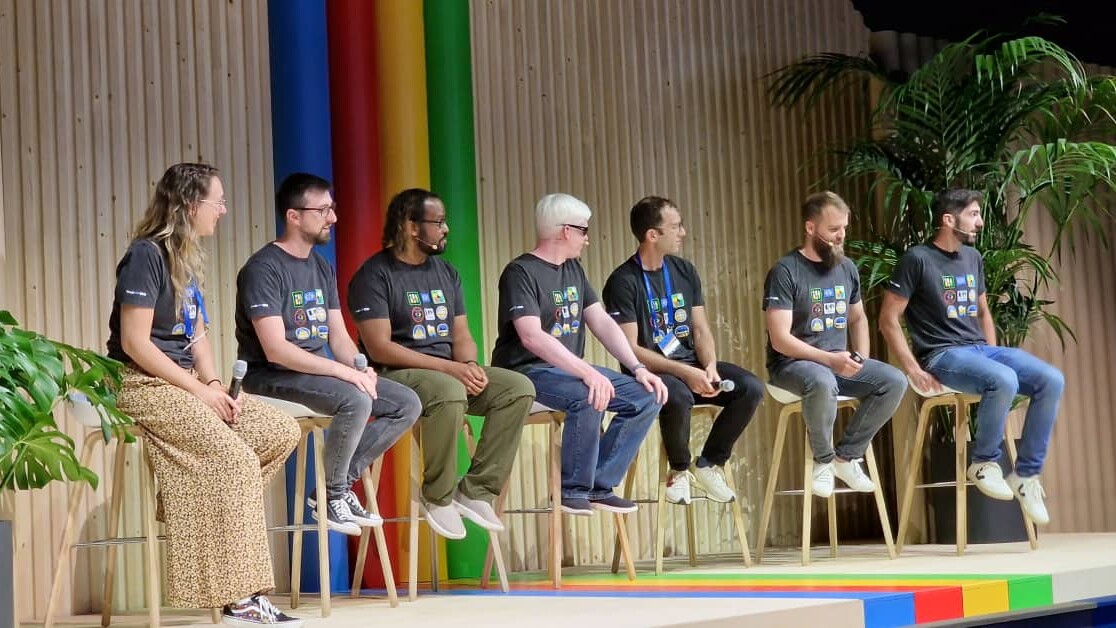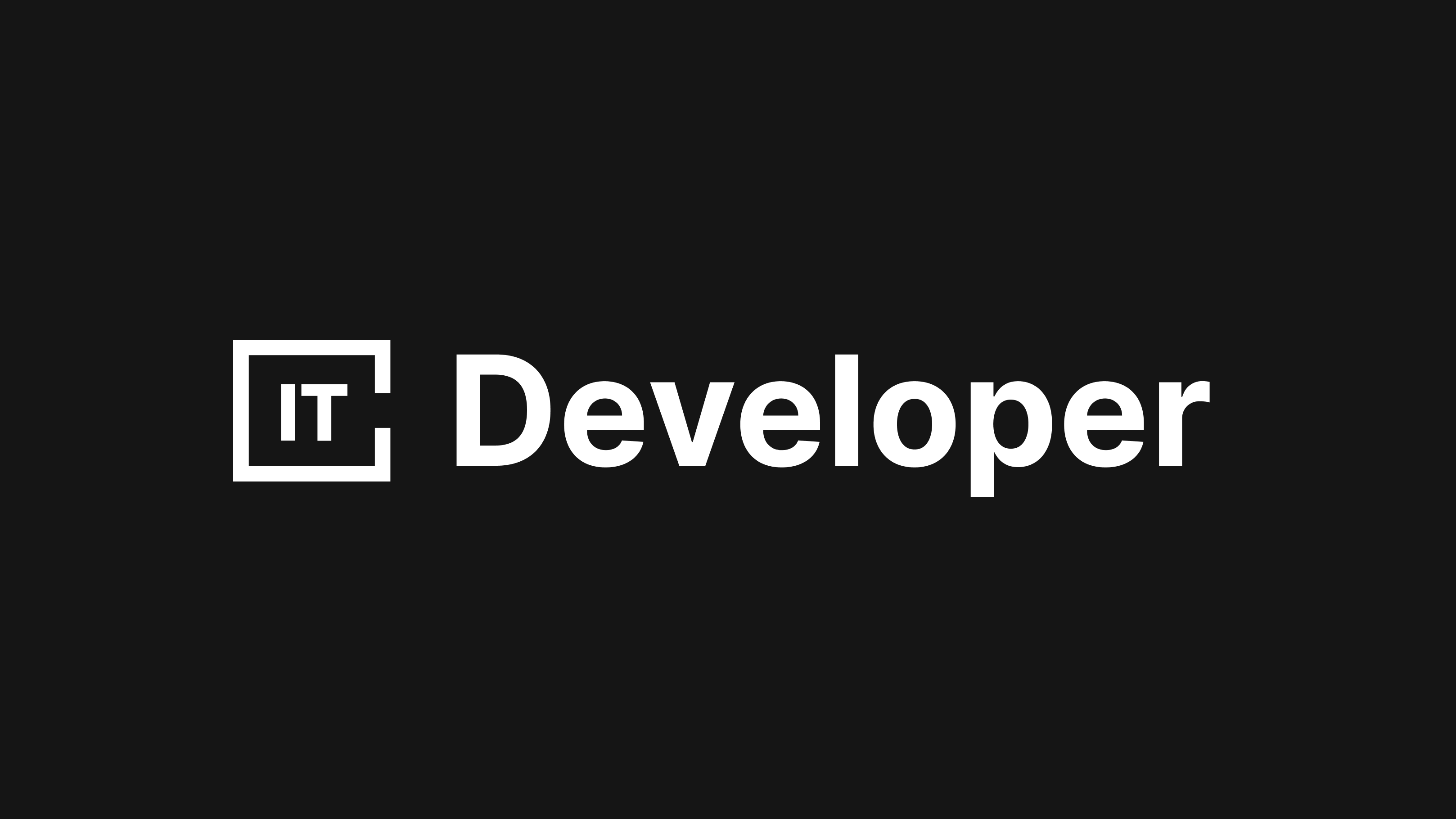Tribute to the Java programming language. Today is Java's birthday and to be precise he turned 24 today. A good moment for us as subject specialists to put this programming language in the spotlight. In this article, we'll cover the Java programming language through the years. How did Java originate, is Java still 'hip' in the world of software developers and what makes Java so unique as far as we are concerned? We explain!
Hurrah! Java was born
It is 1995. Sun Microsoft (nowadays part of Oracle) introduces the programming language Java under the mission: “make something cool”. Being cool turned out to be a difficult task in the early years. Java was originally introduced in 1991 under a different name under the leadership of James Gosling. His goal was to implement a virtual machine and programming language with a similar C-like notation, but a simplified representation from that of C/C++. in 1995 it was decided to restart under Sun Microsoft and Java was given a new motto: “write once, run everywhere”.
Most readers will be familiar with Java by now. For those who need a refresher course: Java is an object-oriented and platform-independent programming language. The programmer issues commands to the objects in the dataset and structures the programs so that the developer can maintain and reuse objects from the data. Hence 'object oriented'. Java is platform independent (also known as: multiplatform). This means that Java can be used on almost any device. By default, the written code is compiled into a byte language; a machine language that can be understood by any system without the code first having to be made readable by other devices. This is where Java's new motto comes from: “Write once, run everywhere”.
FUN-FACT
Java was originally called OAK. This was quickly changed to Java by the marketers, because OAK already existed. Why is Java actually called Java? Simple, the programming language owes its name to the many cups of coffee that the programmers drank at the time. And now let coffee be in our name (Coffee IT). Chance? We think not..
What applications does the Java programming language have?
Java was originally developed by Sun Microsystems as a programming language for home appliances. Think of refrigerators, televisions or remote controls. After some difficult first years, however, they saw a unique opportunity: the WorldWideWeb was introduced. Sun Microsystems then made a U-turn and positioned the programming language for the web environment. This was a smart move: Java was soon used for developing mobile (Android) apps and video games. In addition, it was used by large organizations to realize scalable, super fast APIs and supports multi-threading. Web pages were expanded with so-called Java applets. These are embedded in a web page and are written in Java.
Chip cards
Around 1997, Java Card Technology was introduced, making Java usable for smaller devices as well. This technique made it possible to program chip cards in Java. This also turned out to be a smart move. The technique was quickly adopted with the hype around the smartphones. In 2005, more than 80% of SIM cards were developed using Java technology.
Server side and open source
The next generation of Java made it possible for a Java developer to self-execute APIs using servlets, Enterprise JavaBeans (that coffee again) and JavaServer Pages. In 2006 parts of Java became open source software and in 2007 all parts were open source under the GPL (General Public License). Around this time, Google achieved success with the Android operating system. Android can run Java programs, and programs got faster. Now Java really became popular among the developers.
Where is Java still used in 2020?
It goes without saying that Java is a solid programming language. Over the years, Java has become one of the most popular programming languages for developing server-side apps. Java is the practical choice for developing Android applications and is still used for realizing functional programs and platforms. Java offers sufficient security, is accessible and does not require specific hardware to work. In addition, Java is easier to learn than, for example, C or C++. It is therefore no surprise that almost 90% of Fortune 500 firms rely on Java for their desktop apps.
Is Java still applicable?
After the emergence of Java, programming languages have sprung up like mushrooms. There are now more than 700 programming languages, of which about 50 are relevant to earn a living as a developer. Java is still at the top of this list for a reason. Of course you have Python as a worthy counterpart or comparable independent open source programming languages.
Without Java, some web applications or web services would no longer be possible. Java is indispensable when we talk about software development. When you talk about Java, you are talking about Android, Spring, Hubernate, IntelliJ, JBoss, Struts, JSF and so on. It can be used for large and heavy software systems with hundreds of thousands of users as well as small apps with lower usage. From complex web application to payment systems to healthcare apps, Java is everywhere.
Because we are naturally curious what a Java expert thinks about this issue, we asked our Java expert Job Burg what he thinks about this. What can you still do with Java in 2020?
Job: “Java is one of the fundamental programming languages. Java is basically the base. For many programming languages such as Kotlin, which we work with more often, knowledge of Java is very useful. For me, Java's strengths are its high performance when working with hundreds of threads at once, the fact that it's easy to learn, and that it's still widely used."
1: Widely used by larger organizations
Java is still one of the most widely used languages in large organizations. I think this has mainly to do with the structure and security it offers. Java's Virtual Machine (JVM) is designed for large machines with multiple compute cores, without the process going wrong. Other programming languages come with cross compilers or emulators to run it in JVM. Only when the big companies move away from Java, which will be quite a task, will Java's share fall in my opinion.
2: Developers are the first to learn Java
One of the first languages computer science students learn is Java. With Java you learn to write structured code with a clean syntax, it said that it is a bit more coding than with the somewhat hipper languages. Java's redundant programming can be a bit irritating over time, but for new programmers, learning how to nest bits of code with braces is very helpful.
Closing comments
That was 24 years of Java in a nutshell. Next week we will talk about our successor to Java: Kotlin.
Would you like to know more about Java or are you curious whether we can develop your app concept in Java? Then take it without obligation contact us.

Contact us
Ready to create something awesome together? Give us a call. We are looking forward to it!
CONTACT
Do you have a question? Contact us without obligation and I will be happy to help you.










